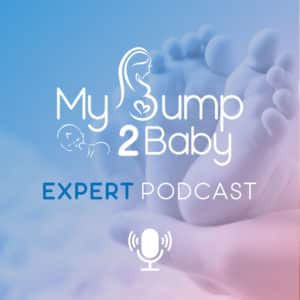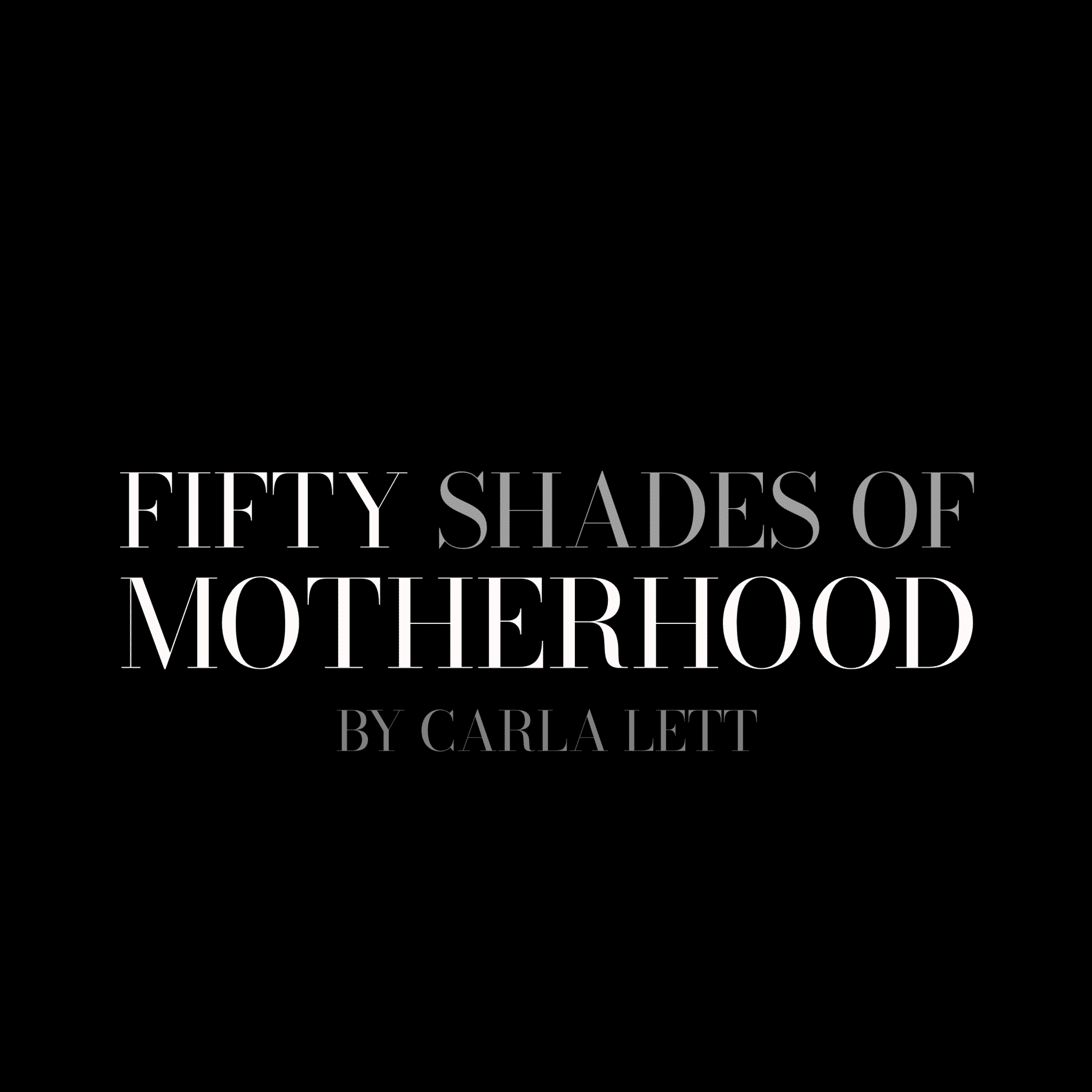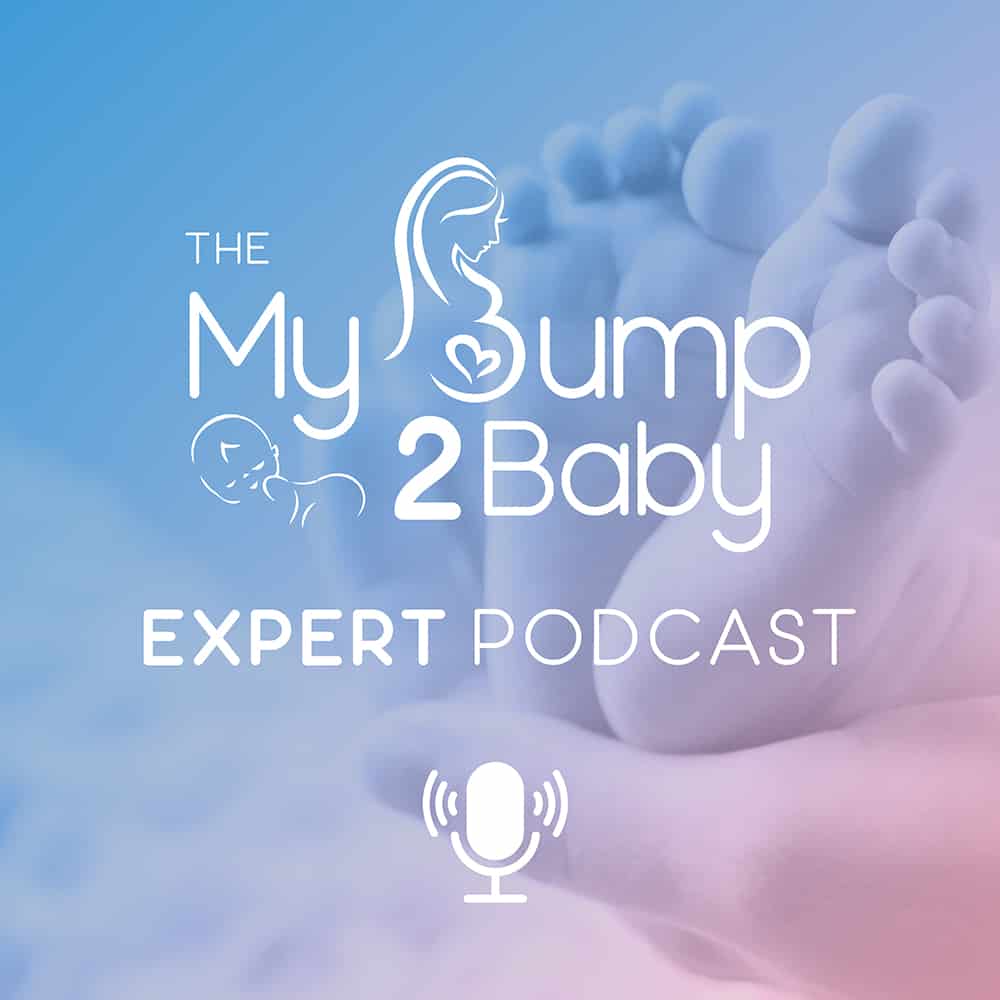- The Essential Guide to Pensions for New Parents
Today, we speak with George Tuck from Flying Colours, our Financial Advisor in Liverpool. We discuss the benefits of paying into a pension and why now could be the best time for you to do it. We discuss how to find existing missing pensions and the options that are available to you.
Tips for self-employed people: Ways the self-employed can build a secure retirement now – Flying Colours (fcadvice.co.uk)
This video talks about the benefits of compounding: Gavin – Flying Colours (fcadvice.co.uk)
Lost pension finder: https://www.findpensioncontacts.service.gov.uk/
To find your nearest MyBump2Baby advisor, visit https://www.mybump2baby.com/financial-advisors/
FREEBIE INCENTIVE: Book your Protection Review https://digital.mybump2baby.com/family-protection-incentive
Grow your business here – https://digital.mybump2baby.com/MyBump2Baby-Digital-Marketing-Academy
Helping family focused businesses with their online digital marketing.
This guidance is for general information only and does not constitute advice. A pension is a long-term investment not normally accessible until 55 (57 from April 2028). The value of your investments (and any income from them) can go down as well as up, and you may not get back the full amount you invested. Past performance is not a reliable indicator of future performance. Investments should be considered over the longer term (minimum of 5 years) and should fit in with your overall risk profile and financial circumstances.
Carla (00:00.376)
Hello everybody and welcome to My Bumped Babies Expert podcast. Today I am delighted to be joined by the lovely George Tuck from Flying Colours. Hi George, how are you?
George (00:14.119)
Hi, Carla. Cheers for having me on today. Yeah, very well, thank you. And looking forward to having a chat.
Carla (00:19.522)
I am, I am and today we’re going to be talking all about pensions because this is often something, especially as parents that we can forget about, you know, we get so busy, you know, just trying to keep children alive, that, you know, we’ve been paying into a pension before children and for some people they might not return back to the same job and then all of a sudden you’ve got a pension sat there.
and it’s not doing anything. So we want to touch on that today. So George, would you like to introduce yourself?
George (00:50.855)
Yeah, hi guys, I’m George Tuck. I’m an independent financial advisor here at Flying Colours. I provide advice in various areas when it comes to finance and pensions is a big part of that as well.
Carla (01:02.606)
Brilliant. So George, why would someone be thinking about retirement now at our age as new parents?
George (01:11.527)
Yeah, absolutely. You know, Carla, I appreciate that people live extremely busy lives and particularly younger parents. And from a financial commitment perspective, we’ve got a cost of living crisis. We’ve got increasing rents for younger families. You’ve got childcare costs. You might be paying student loans. And there are many priorities that probably jump to mind long before you consider paying into your pension. And the stats do back this up, according to a Guardian article I read last year.
Only about a quarter of millennials have done any serious planning when it comes to their financial planning and their retirement. So it is definitely an issue. But I’d caveat that by saying the earlier you start planning for retirement, the far easier it will be. The later you leave it, the more likely you’ll be to have problems and the more likely that you’ll be playing catch up. So starting now will save you a lot of stress further down the lines. If you can make a few minutes, you know, half an hour or an hour to look into it or speak to a professional on the subject.
Carla (01:58.67)
Mmm.
George (02:07.335)
it will really, really benefit you in the long run. You know, you’re not alone, you know, many, many people are in the same perspective, sorry, point of view as you are, but that isn’t a reason to ignore it for sure.
Carla (02:17.582)
No, I know exactly what you mean. It’s a bit like protection, isn’t it really? Like the sooner you kind of cover yourself for that, and obviously that’s something you guys cover as well, but the sooner you ensure yourself, you know, should the worst worst case happen, you get critically ill or, you know, you know, something like that.
George (02:34.213)
Hmm.
Carla (02:36.65)
the better because the younger you are the cheaper it is for that as well but I’m going off on a different tangent here but yeah in terms of retirement it does make a lot of sense to start early so you know for parents that have been paying to a pension in their corporate job before and all of a sudden they’ve stopped doing that paying into that is that pension still there? is it still… how would they find that?
George (03:03.207)
Yeah, it still exists. Hopefully you’ll have had some correspondence from the pension provider in the past, in which case you can get in touch with them and get an update or discuss it. The problem often arises when you’ve moved address a couple of times and pensions get orphaned, they get left behind. There is a really useful government website that allows you to track down any lost pensions and perhaps we can post a link out to your listeners so they can do so. And even if it’s just going onto that website and going through some of your previous roles and
You know, you might find out you’ve got a bit of pension savings tucked away somewhere, which would be a nice surprise, but it is still there. You can still pay into it or you can transfer it to another pension scheme potentially if that’s the right thing to do for you.
Carla (03:43.278)
Yeah, I suppose when looking into this, if you do use this tool, it might be worth just speaking to George about if your pension’s working as hard as possible for you, because is that something you can do is just kind of amalgamate them all together?
George (03:57.255)
Yeah, absolutely. I get many, many people coming to me asking, can I combine my pensions? And the answer is yes. Whether it’s the right thing to do or not is another question. And when it comes to pensions, they’re all very similar to one another, but some might be invested in better places than others. Some might be more expensive than others. So it does really pay in the long run to have a good review if you’re not sure.
Carla (04:19.31)
That’s great. And how often would you advise reviewing your pension?
George (04:23.367)
Well, for my clients, Carla, I review my client’s pensions every year at least, if not more often than that. If you’re an individual, it might be difficult for you to do that. So that’s often why getting help from a financial professional who can check on it year on year and make sure it’s on track can really help you out in the long run.
Carla (04:40.302)
Definitely, that’s the thing. You want it to work as hard as possible. I mean, I years ago used to work in banking and so many people are saving into savings accounts and you know, they’re not even keeping up with inflation. So if this is long -term savings and you are listening and you are doing that, consider paying into your pension really because it’s definitely worthwhile doing.
So can I just talk about state pension then? What is state pension if you don’t mind, George?
George (05:11.879)
Yeah, absolutely. Many people rely on the concept of estate pension and this is the idea that when you retire, just like your grandparents or your parents might do, you receive your estate pension every month to help you pay your bills. Now, everyone that pays the National Insurance Contribution should be entitled to estate pension. At the moment, it’s around just over £10 ,000 per year and it’s payable from around age 67 or 68. Now, for many of us,
£10 ,000 a year would be nowhere near enough to maintain our current standard of living. It would be a significant drop off from our earned income now or our working income. So that’s why, whilst it’s important that we have the state pension in place, that we also look at other provisions as well to supplement that state pension. The other issue that we’re currently kind of going to be experiencing, there’s a think tank study into this, a report that was released about a week or so ago.
suggest that that state pension age could increase quite a lot between now and when we get to retirement age. By the year 2040, we’re expecting it could be as high as 70 and by 2050, even 71. And I don’t know about everyone else listening today, but I know that I would prefer to retire a little bit earlier than that. And that’s why it’s important not to rely just on the state pension, if you see what I mean.
Carla (06:30.766)
Yeah, it does make a lot of sense because I mean the first thing I think of when I think of retirement I think I want to travel I want to go here I want to go there and you want to go while you’re well enough Don’t you really I know that sounds a bit morbid but you know, you don’t want to be going on a cruise You know with his in the frame and stuff I’d like to kind of think of myself as as traveling and obviously ten thousand pounds, you know, you know, that’s the price of some holidays today so
And if that’s all you’ve got, it’s not much, is it, really?
George (07:03.367)
No, absolutely. Again, the stats will back this up around a fifth of people between ages 22 and 32, which I imagine will be some of your listeners today, will hope for a much earlier retirement than that and a better retirement than that. And we’re according to legal in general, again, we’re looking at probably a 15 % increase in the amount we’re currently paying into our pensions on average to meet our actual goals, which is to have enough money to do those things like go on nice holidays or treat your children or your grandchildren every now and again, you know, rather than just.
having the bare minimum during retirement.
Carla (07:35.502)
Yeah and even like with the cost of living going up and things like that you know ten thousand pounds you know you’ve got to remember you’re going to be in a house and you’re going to want heating and things like that as well you’re going to get home more so all of those bills are going to go up as well so it’s it’s a no -brainer really in terms of that so could you tell us a little bit about the benefits of saving into a pension i know obviously we there’s many that we’ve already discussed but there are additional ones aren’t there?
George (07:45.767)
Hehehe
George (07:50.287)
Mm -hmm.
George (08:01.159)
Yeah, absolutely. You know, the core benefit as we’ve already touched upon is having resources, financial resources to see you through retirement. But there’s a bit more to it than that as well. You know, when you pay into a pension, you’re always benefiting from government tax relief. So you get a bit of tax back each time you pay into your pension. And that’s pretty much everybody that pays into a pension. If you pay higher rate tax or additional rate tax even, you’re going to see even more tax relief, even more benefit.
from making those contributions. You also mentioned about savings accounts a moment or two ago, Carla, and what you’ll find is if you leave your money in a savings account for the long term, it will just gradually become worth less due to the inflation that you mentioned, which has been well publicized recently as well. And you’re more likely to see a long -term growth in your savings by paying it into a pension than you are just by leaving it in the bank. Another benefit, which is probably slightly less relevant to the listeners today, but
potentially will be one day is that they’re really useful for passing on your savings to your children one day in a tax efficient manner. If you get to the end of your life and you haven’t spent all your pension savings, it can be passed down to your children and they can benefit from it without having to pay any inheritance tax. So there are lots of other benefits as well depending on your pension.
Carla (09:19.022)
Wow, I didn’t realise that. That makes a lot of sense, doesn’t it? And that is something that people would be interested in. Because the last thing you want is to pay into a pension and then not be able… Your family can’t access it and things. So, that’s really, really interesting. So, is there, out of interest, a minimum that someone could pay in? Can they change the cost that they pay in each month? Or is it…
Is it a fixed amount and is it a minimum amount?
George (09:50.087)
So when it comes to things like workplace pensions, it’s often that your employer will pay a certain percentage of your salary and you will as well. And there might be a minimum of two or three percent that you pay in, but you can often increase that. If you decide you want to make personal pension contributions yourself over and above those that you’re paying to your employer’s pension, you can do as much or as little as you want within the boundaries of certain tax regulations, which are a bit more technical. But no, there’s not a minimum amount of such, Carlin, no. You can be flexible about how you pay in, pay in as and when you can.
Carla (10:20.558)
amazing yeah I think sometimes when we talk about pensions and investments parents seem to think like you know we’re talking hundreds and hundreds of pounds a month but it doesn’t have to be like that and I imagine as your circumstances change you can you know increase that as you go really.
George (10:30.663)
No, not at all.
George (10:37.401)
Absolutely, yeah, as and when you have the means to do so. It’s about making sensible decisions, isn’t it? You don’t want to, we touched on priorities at the start of this discussion and there will be things that are important now, but then when you have a bit more disposable income potentially, that’s a time when you can make more pension contributions.
Carla (10:56.11)
Oh, definitely, definitely. So how would someone go about setting up a pension then, please, George?
George (11:02.727)
Yeah, so, you know, I’ve referenced a moment or two ago workplace pensions and for many of us that are employed, whether we know it or not, we’re probably already enrolled in a workplace pension and will benefit from our employer paying into that pension on our behalf. And some of our salary probably goes into that pension as well. It’s probably worth speaking with your HR department or your employer in general, just to get the finer details on that. It might be that if you’re prepared to increase your contributions a little bit.
then the employer might make a significantly improved contribution as well on your behalf. So it’s important to look at how much you’re paying in and whether you can benefit from any extra payments from the employer. But over and above that, other than your workplace pension, you can set up a personal pension yourself on top of that if you want to. You can do that yourself if you’re confident and you have the knowledge of how to do that yourself, or you can speak to a financial advisor or a financial planner like myself that can assist you and guide you in setting it up.
I think a really important point here, Carla, is in reference to the self -employed though. And when I talk about self -employed people, often people will think of, I don’t know, tradesmen or what have you. That’s also business owners, it’s contractors. And self -employed people are far less likely to have a pension set up than the employed because of the workplace pensions I mentioned a moment ago. We’ve actually put an article up on our website about this recently, and it suggests that around 44 % of
Carla (12:10.734)
Mmm.
George (12:28.783)
people are less likely, self -employed people are less likely to have a pension than the employed and they’re the people once again that could really benefit from getting professional help when it comes to that.
Carla (12:39.15)
Yeah, goodness. Yeah, we’ll put that link to that article underneath this podcast. But yeah, I mean, self -employed, a lot of our listeners are mums that have decided, oh, I might not go back to work actually, I’m launching a business. So I think this is absolutely relevant to them. So if you are in that category, definitely click that article and have a look. So…
In terms of how early someone could access their pension, when could they do that?
George (13:11.303)
I think that’s a really important point, Carla, because honestly, I’ve had so many calls over the last few years and from young people saying, I’ve just found out I’ve got this pension. How can I get the money out of it? And firstly, I’d say to those people, it’s there for your retirement, so it’s probably best not to take your pension early anyway. But secondly, you can’t actually take any money from your pension until you reach a specific age anyway. That age is currently going to be around 57. So…
it’s really important that when you pay money into a pension, you’re aware that you are locking that money away until you reach that minimum age. When you reach age 57, you can firstly take up to 25 % of any of your pension savings tax free and potentially take even more income from the pension at that point as well. But you know, again, it is important to bear that in mind. And if you are concerned about locking your money away for that period of time and you think you might need it sooner than that,
then look at alternatives, you know, that might mean a savings account, stocks and shares ISA. It’s just important to use the right tool, you know, for what it is you’re looking to achieve. And again, you know, I’ll keep coming back to it. Getting the right advice is crucial when it comes to these sort of things.
Carla (14:20.974)
It really is, I totally agree because the worst thing you can do is set up something and it’s not working as hard for you. It just seems a shame when you’ve got financial advisors at your fingertips on My Bumped Baby. So yeah, in regards to how it would benefit people’s children, could you just elaborate a bit more on that?
George (14:28.837)
Mm.
George (14:44.551)
Yeah, certainly. I appreciate that whilst pensions are important for many of you listeners, they’ve got a lot going on right now. They’ve got small children. They’re the priority at this point in time of their lives. But there are still ways in which this can benefit your children, in my opinion. I have many clients, honestly, that have come to me in the past and have explained that they’re helping their parents out with things like care costs or day -to -day living costs. And that’s because their parents…
unfortunately didn’t prepare themselves enough for retirement. And as a result, they’ve had to rely on their children for help, whether it be for care costs or whatever else. So by preparing yourself for retirement, you’re reducing the chances of having to rely on your children at some point in the future, which is only going to benefit them. On top of that, I mentioned earlier on the fact that pensions can be a really useful way of passing on wealth to your children one day. If you haven’t spent all your pension savings, if we’re that lucky, I suppose, Carla, but…
Yeah, you know, it doesn’t just benefit you, it benefits your family, it can take the burden and stress away from them in various ways as well.
Carla (15:50.542)
That’s great, that’s great. And a lot of people don’t realise this, but they can set up a pension for their children, can’t they?
George (15:58.567)
They can indeed. And again, as I mentioned earlier, it’s important to remember that paying money into a pension for your child, it’s just like paying money into a pension for yourself. It’s locked away until they’re going to basically be retired. So again, that might be a good thing for some parents. If you were to pay into, say, a junior ISA or a child trust fund instead, that money can then be accessed by the child, you know, at age 18, it’ll be their money at that point. And I don’t know about you, Carla, but I know when the…
when I was 18, I probably wasn’t in the best place to make well -informed decisions about what to do with my money. So, you know, if that’s a concern and you want to put money away for your children’s benefit when they’re older, then certainly a child’s pension can help with that. But if you want to make sure they can get the money a bit sooner, then it’s better to look at alternatives again. And that might be a junior ISA or a child savings account, for example. And again, you know, I mentioned at the start of this discussion,
how starting early is only going to benefit you and take the stress away from retirement planning in the long run, even more so if you decide to pay money into your children’s pensions. So that’s emphasises that point, I feel.
Carla (17:06.574)
Definitely, definitely. George, that has been so interesting. I really do appreciate it. And there is one more point, if you don’t mind, it’s just on the inheritance tax side of things. Yeah, so for inheritance tax planning, did you say that you could pass your pension onto your children and they wouldn’t have inheritance tax when you die? Is that right or wrong?
George (17:18.373)
Mm -hmm.
George (17:33.255)
Yeah, that’s right. Inheritance tax, you know, it’s a hot topic politically, I suppose. We’ve seen in the news recently discussions about whether it will still be here forever. These talks tend to come up every few years, but for now it’s still there. At the moment, you know, in simplistic terms, a married couple can pass on around a million pounds worth of inheritance tax free to their children. It’s a bit more complex than that, but that’s a simple way of explaining it. Now,
there’s no guarantees that that threshold will increase in line with the rate of inflation. And we’ve seen with the way property prices have increased that before you know it, you could be in a situation where your estate becomes taxable when it gets passed down to your children. For many people, that is not what they want to happen when they pass away. They want their family to benefit from all of their hard work, all of their estate, all of their savings. And any money that’s in your pension is outside of your estate from an inheritance tax perspective.
So it’s a really useful tool when it comes to passing down wealth to your next of kin or your beneficiaries or children.
Carla (18:34.894)
And when you said one million, you know, even though it sounds a lot, when you think about it, if you’ve got life insurance and you’ve got a house, property, cars, all of that, that’s taken into account, isn’t it?
George (18:47.183)
Absolutely and also, you know, your inheritance from your parents one day, you know, before you know it, that number could not seem so significant, particularly with property prices, a reference Carla as well.
Carla (19:00.046)
Yeah, definitely, definitely. And George, lastly, just tell us a little bit about flying colours and all the different ways you guys can help our listeners.
George (19:10.695)
Yeah, absolutely. So Flying Colours are an independent financial advisory firm. We provide a range of services. Obviously, we discussed today, you know, pension planning, but there’s a lot more to it than that. It might be generally investing or retirement planning. It might be financial protection. It might be estate planning. There’s a wide range of ways in which we can help and we’ll offer you an initial chat and a consultation without any charge as well. So if you just want to get to know a bit more about what we do or you have a burning question,
Perhaps Carla can share some of our details with you, the listeners today, and you can get in touch and reach out to us. We’ll be happy to have a chat.
Carla (19:47.95)
That’s brilliant. Thank you so much, George. I really appreciate that. All the links for flying colors are under this podcast. So make your connections with them there. So thanks, George. You were fantastic. Thank you.
George (20:01.895)
No, it’s a pleasure, Carla. Thanks for having us on today. Really good.












